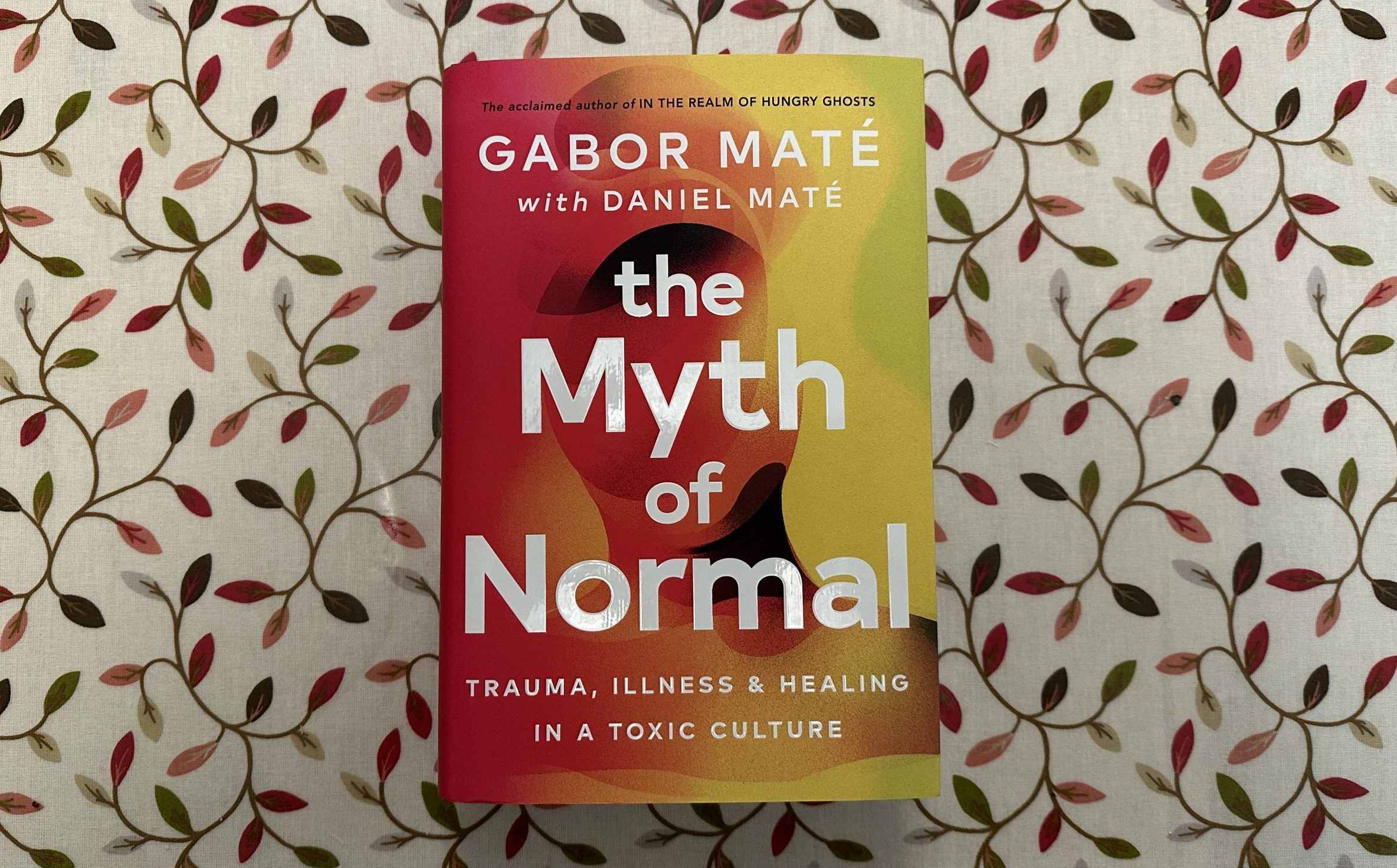
I left a job today.* It was a good job with good people, which is always hard. It’s so much easier to leave when the interpersonal environment is toxic. It’s difficult when colleagues are deeply collegiate, but the structure is exploitative.
This job was important to me. I was providing a useful service. The mission and values of the organisation mattered. I knew I had something to offer. But over time, I noticed a familiar pattern.
My entire career has involved donations of time and labour. Much of it is willingly given, of course. As a health professional, it is normal to donate pro bono time for people who need us. Most of us volunteer to do community work with the Kindy kids, the nervous adolescents and the elderly, donating clinical care for the poor, offering lectures for students and mentoring future leaders. But over my career, I’ve noticed that pro bono expectations have metastasised.
Our health system is held up by the compassionate donation of time and labour. Our funders rely on our moral distress to fill the gaps in policy, knowing we will bend over backwards for patients and learners that need it.
Our health system is held up by the compassionate donation of time and labour. Our funders rely on our moral distress to fill the gaps in policy, knowing we will bend over backwards for patients and learners that need it. Our Colleges pay their professional staff, but assume GPs will donate their time freely, for the good of the profession. Organisations pay us for meeting attendance, but never for the hours of preparation. I left one committee after I was expected to read 6000 pages of documentation before being paid for the two hours of discussion. I read fast, but not that fast.
It’s seductive, this dependence on compassion. Organisations hope that no-one will notice incremental changes in expectations, as we donate 20%, 40% and in one of my jobs, double and sometimes triple the time I was paid. Organisations rely on our imposter syndrome. If I were more efficient, we say to ourselves, we wouldn’t need to spend more time than our paid hours. It’s my failure to understand complex policy, multiple processes, or “the way we do things around here”. I’ll work it out, we say to ourselves, I just need a bit more time.
Like other abusive relationships, organisations use our insecurities and their own power to manipulate people. I have seen organisations leverage our guilt and shame at abandoning our colleagues, our patients, our students or our registrars. They control the narrative, blaming greedy doctors for the collapse of the health system while they invest in top heavy managerial systems. We take too long to realise we are being used, and that our work is invisible, undervalued but utterly necessary to support the image of the organisation.
Sometimes these organisations weaponise the resilience narrative, implying our inability to cope with their exploitation of our skills and resources is due to our own weaknesses and failures. This is, of course, blatantly untrue. Doctors don’t get to be doctors without substantial capacity in the resilience department. Managers indulge in “wellbeing washing”, announcing a framework, rolling out an initiative, creating a position or using some other piece of performative policy. It is all to silence the feeling that we are being exploited by the organisation for the very values they espouse. “We’ve given you a room to cry in” states one cartoon about NHS budget cuts “What more do you want”?
We read the value statements, and wonder which organisation they actually refer to. “We care” they announce, “we respect our staff and are committed to kindness and compassion”. These organisations may well be committed to nurturing compassion, but only because it expands the capacity of the workforce.
This week I marked a series of essays from students. Sometimes, it takes a new set of eyes to point out things that are normalised. I read of their experiences in General Practice, where complex, distressed patients are routinely shepherded in to see “the lady doctor” because she will absorb the emotional labour and financial cost, while her colleague reaps the benefits of rapid throughput patients needing more lucrative care. I realised I have ceased to be shocked at the policy misogyny in which we work. I looked around the room today, and noted a similar pattern: the majority of my colleagues are women donating time and labour before heading home to handle the emotional and social obligations of the Christmas season. I suspect both types of work are invisible, part of the domestic servitude we take for granted in our caring profession.
So today, as I walk away from yet another exploitative workplace, I realise this is hardly the first time I’ve noticed this trend. And again, I’ve realised that the tipping point was not my exhaustion, or my anger, or the realisation that yet again I had ended up subsidising the careers of those with greater intersectional privilege. It was the realisation that I am a white, cis female doctor who trained in Australia, and I am modelling to others that it is OK to tolerate routine exploitation of my knowledge and skill.
Sometimes these organisations weaponise the resilience narrative, implying our inability to cope with their exploitation of our skills and resources is due to our own weaknesses and failures.
It is not right, it is not just, it is not fair and it trivialises our contribution to the healthcare of the nation. In abusive relationships, it is common for a survivor of exploitation to protest that the abuser is “a nice guy” or to say that they are prepared to tolerate the exploitation for the sake of someone else who is more vulnerable, like children.
Intent, of course, is not the point. Neither is the personality of the abuser. When an organisation runs on the routine exploitation of doctors, employees will often say that without them, the patients, or the students, or the registrars will suffer. This is true. But staying means other younger, more vulnerable workers who live with more intersectional disprivilege and less power will suffer greater harm and greater exploitation.
And sometimes that means it is important for people like me to walk away. Even when it means I abandon the people I actually care about. If it is not OK to exploit the services of retail workers, then it is not OK to exploit me. Or the colleagues who will follow in my footsteps.
Sometimes, leadership means leaving an organisation that does not enact its own values, or enacts them only with the privileged few, who are more white, more straight, more male and more fluent in English than my vulnerable junior colleagues.
If I stay, I become part of the problem. In abusive relationships, there is a point where the survivor decides that they are no longer “protecting the children”, they are enabling the abuse. That is something I am no longer willing to do.
*Deputy Editor’s note – this was written contemporaneously.
Featured image by Peter Chiykowski on Unsplash








